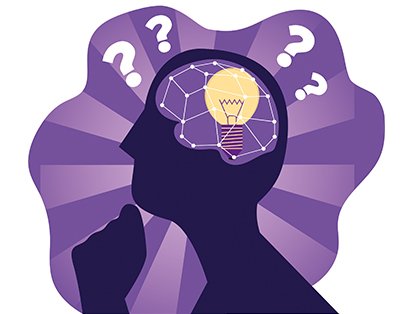FAQ:
Does a high score on the test indicate autism?
No, a high score only indicates the presence of significant autistic traits. Autism is a complex condition that requires a comprehensive evaluation by a specialist to receive an official diagnosis.
How does the AQ differ from other autism tests (e.g., RAADS-R)?
The AQ test focuses on five areas: social skills, attention switching, attention to detail, communication, and imagination. The RAADS-R is often considered a more in-depth tool for identifying "hidden" autism in adults, but the AQ remains the "gold standard" for initial screening.
Can test results change over time?
Autistic traits are generally stable throughout life. However, results may fluctuate slightly depending on one's current emotional state, stress levels, or a deeper understanding of one's own characteristics.















